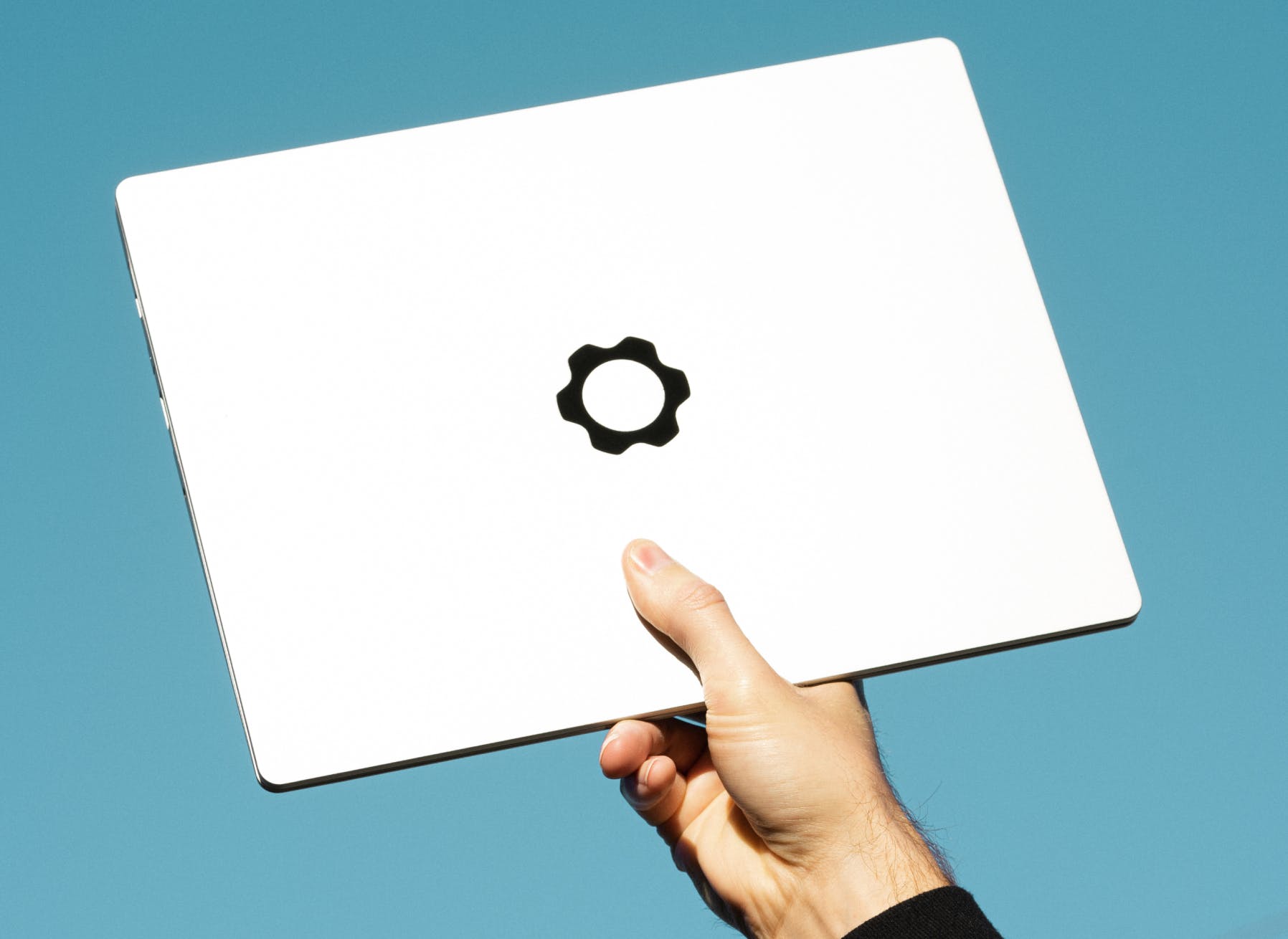- cross-posted to:
- framework@lemmy.ml
- hackernews@lemmy.smeargle.fans
- cross-posted to:
- framework@lemmy.ml
- hackernews@lemmy.smeargle.fans
We are not sustainable And neither is any other device maker. This industry is full of “feel good” messaging, but generates 50 million metric tons of e-waste each year. We believe the best way to reduce environmental impact is to create products that last longer, meaning fewer new ones need to be made. Instead of operating on feels, we operate on data and actions. With funding from Intel, we commissioned Fraunhofer IZM to do a detailed life cycle analysis (LCA) on Framework Laptop 13 to help us understand where we are today and where we can continue to improve. Check out our thoughts on reducing environmental impact and download the LCA report here…
I got my Framework 13 in February 2022 and I love it. I’ll end up getting the AMD mainboard when it becomes more widely available, then take my old mainboard and RAM, put them in an enclosure, and make that my new NAS. Then my current NAS, which is just a Raspberry Pi, I’ll turn that into a PiHole.
I have toyed with the thought of framework laptops a few times. But the pricing is just too high. I rather buy used company laptops ~3 years afterwards and get way cheaper high quality laptop. Plus, buying used is pretty much always better than buying new in an environmental sense.
The number one problem of modern appliance is indeed longevity I’d say. The so called “planned obsolescence” is probably what mainly drives or consumption of electronics and, accordingly, our production of e-waste. But Framework might just be saying that for green washing purposes.
I love them and I honestly hope they succeed. Honestly, which other manufacturer is as fair and as consumer friendly?
Overall, they seem to be doing the right things for long-term ownership and repairability. As new hardware manufacturers, they’re going to have a couple issues, just like their rechargeable bios battery design, but they’ve handled them well.
I would like them to open source their schematics, but they have contractual obligations preventing them from doing so, so making the schematics open after signing an NDA is a fair middle ground, and more than any other company will do. So kudos for that
I personally own a framework, and worked with them to fix a charging issue, and they did all the right things, professional, no issues at all.
One small issue that people seem to have, is their unwillingness to talk about core boot or libre boot, but that’s a small thing.
They are a startup, so you always have to question what revenue streams they’re envisioning long-term.
They’re my kind of crazy: I hope they succeed, at least I hope they start industry trend for repairability and long-term ownership.
I should add, no matter how much I agree with the company, I won’t do pre-orders. I know framework is my kind of crazy, I can’t encourage anybody to do a pre-order either.
I bought my framework from in stock series 13s.
There’s too much risk tying up capital for months, plus you lose your credit card protections, when it’s been over 30 days. If I buy an in stock unit, have it delivered, and it’s terrible, worst case scenario I do a credit card charge back. I’d lose that capability if I do a pre-order 345 months out.
If you preorder, just 100 $/€ are taken from your credit card. The rest is booked shortly before the device gets shipped. So, your risk is 100$/€ if they went bankrupt before you get your device. I have seen worse, imho.
My only concern is that they might turn into the next Unfairphone. But for now, I’ll remain cautiously optimistic about them.
What’s wrong with fairphone?
They don’t have the specs that I want, so… Not for me.





